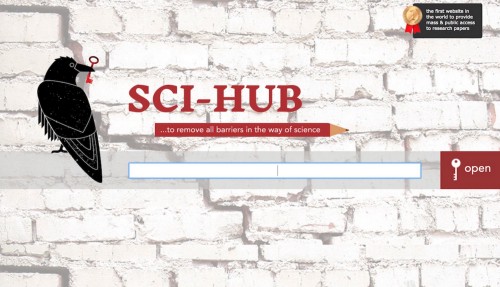Click here to read the AIPSN Press Statement
23 Sept 2021
“Reconstitute National Steering Committee for National Curriculum Framework”
The Union Ministry of Education has set up a National Steering Committee for the Development of National Curriculum Frameworks as per the perspectives of the National Education Policy (NEP) 2020. The Committee is expected to develop four National Curriculum Frameworks, namely,
1) National Curriculum Framework for School Education
2) National Curriculum Framework Early Childhood Care and Education
3) National Curriculum Framework for Teacher Education
4) National Curriculum Framework for Adult Education.
According to the terms of reference, the 12-member Committee chaired by Prof. K. Kasturirangan will have tenure of three years. It will “discuss different aspects of School Education, Early Childhood Care and Education (ECCE), Teacher Education and Adult Education keeping in focus all the recommendations of NEP 2020 related to these four areas for proposing curriculum reforms”.
It is a matter of deep concern that the entire span of educational curriculum reform, from the early childhood years to adult education, has been entrusted to a small committee with no expertise in these crucial areas. Members include educational administrators and even entrepreneurs. This seems to be in line with the trend of the National Education Policy 2020 to usher in private players while making subservient established institutions of public education. Indeed surprisingly, no faculty members of NCERT are included, even though it is the apex national body responsible for the development of curricula; rather, the Director of NCERT is expected to ‘assist’ the Steering Committee.
A National Curriculum Framework is meant to provide a sound academic basis to guide a range of curricular interventions, for the development of syllabi, textbooks, teaching learning processes and assessments. It is worth noting that the Steering Committee for the NCF 2005 had thirty five members, with eleven from NCERT and twenty four persons from across the country with experience and expertise in different domain areas. These included eminent academics from the social sciences, sciences, language and mathematics; school teachers, principals of schools and colleges, educationists, and leaders of educational and rights based NGOs. An even larger group of well known experts were invited as members of the different Focus Groups to work on the set of position papers.
AIPSN calls for a re-constitution of the Steering Committee with persons having a deep understanding about learners in diverse and disparate socio-cultural contexts, disciplinary knowledge of school education and domain expertise in teacher education/adult education, as well as sound experience of the pedagogical processes required to develop a National Curriculum Framework. Moreover, if there is serious concern for the future of all our learners, the Committee will need to address the challenges of education with commitment to the Constitution and a focus on equity, quality and inclusion.
For clarifications contact:
P.Rajamanickam, General Secretary, AIPSN
gsaipsn@gmail.com, 9442915101 @gsaipsn
